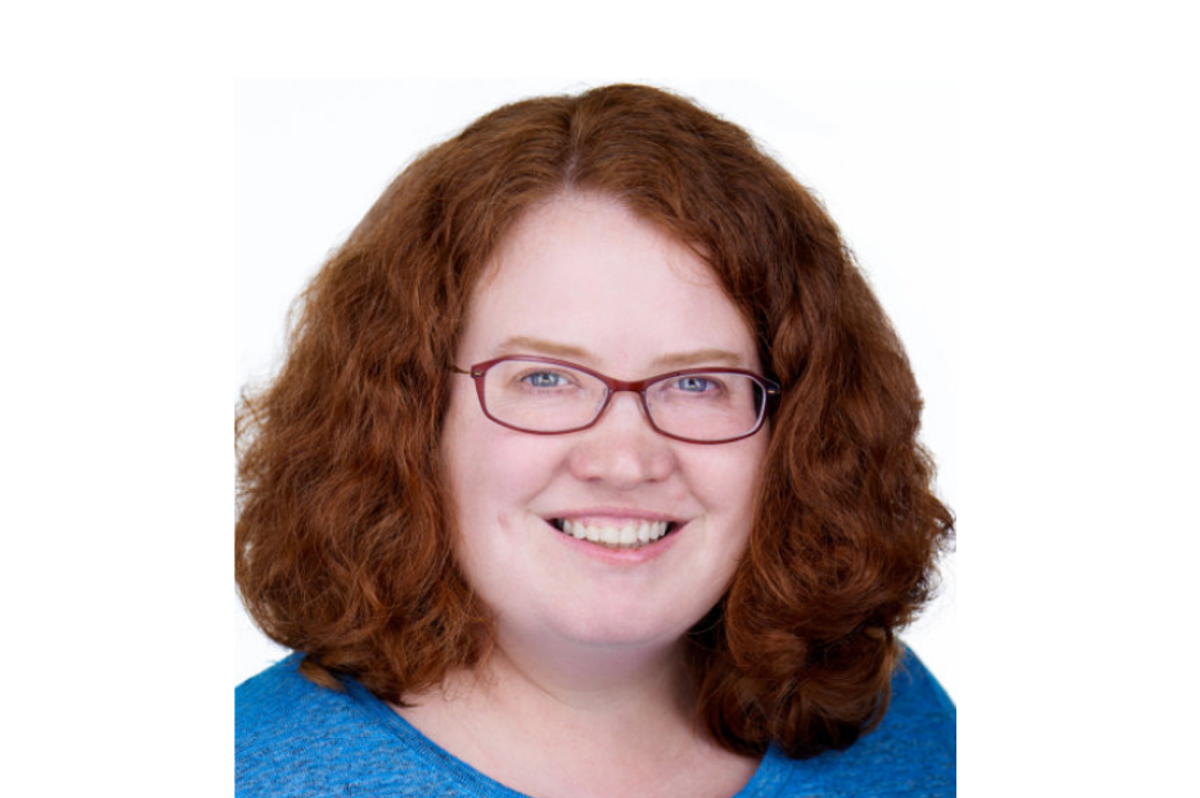Editor's note: Every week, I introduce you to a handful of Houston innovators to know recently making headlines with news of innovative technology, investment activity, and more. This week's batch includes a podcast with a health tech data scientist, a CEO celebrating an international expansion, and a founder who won a big DOE prize.
Angela Wilkins, chief data scientist at Starling Medical
 Angela Wilkins joins the Houston Innovators Podcast to discuss the intersection of data and health care. Photo courtesy
Angela Wilkins joins the Houston Innovators Podcast to discuss the intersection of data and health care. Photo courtesyWhen most people hear about Houston startup Starling Medical, they might think about how much potential the medical device company has in the field of urinalysis diagnostics. But that's not quite where Angela Wilkins's head went.
Wilkins explains on the Houston Innovators Podcast that when she met the company's co-founders, Hannah McKenney and Drew Hendricks, she recognized them as very promising startup leaders taking action on a real health care problem. Starling's device can collect urine and run diagnostics right from a patient's toilet.
"It was one of those things where I just thought, 'They're going to get a bunch of data soon,'" Wilkins says. "The opportunity is just there, and I was really excited to come on and build their AI platform and the way they are going to look at data."
For about a year, Wilkins supported the startup as an adviser. Now, she's working more hands on as chief data officer as the company grows. Read more.
Sean Kelly, CEO and co-founder of Amperon

Amperon officially expanded in Europe. Photo via LinkedIn
Houston-based, AI-powered electricity forecasting and analytics services company Amperon Holdings is live in Europe. The expansion, which Co-Founder and CEO Sean Kelly previously told InnovationMap about, is official, the company announced this month. In addition to the expansion, Amperon announced Jon Ecker as general manager, Europe, and Kelsey Hultberg as executive vice president, communications, and chief of staff.
Now, European companies that buy and sell energy in the renewable energy producers, financial institutions, and utilities markets can leverage Amperon's platform of AI and machine learning technologies to access short- and long-term forecasts for their individual meters and generation assets.
“As a warmer-than-expected June ushers in a hot summer, and increasing uncertainty looms for the calmer fall months due to the influx of wind and solar generation, we are eager to assist our European customers in navigating the power market volatility caused by heat waves, extreme weather events, and shifts in power usage across the region,” Kelly says in a news release. Read more.
Laureen Meroueh, founder of Hertha Metals

Hertha Metals, based in Conroe, won first place at the 2024 Summer Energy Program for Innovation Clusters (EPIC) Startup Pitch Competition. Photo via LinkedIn
Four startups from across the country won over $160,000 in cash prizes from the U.S. Department of Energy’s Office of Technology Transitions earlier this month, and a Houston-area company claimed the top prize.
Hertha Metals, based in Conroe, won first place at the 2024 Summer Energy Program for Innovation Clusters (EPIC) Startup Pitch Competition. The program honors and supports clean energy innovators nominated by clean technology business incubators.
Hertha Metals was founded by Laureen Meroueh, a mechanical engineer and materials scientist, in 2022. Read more.
